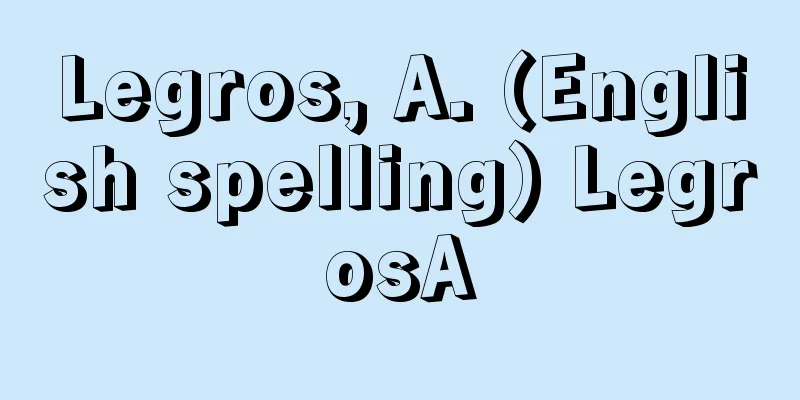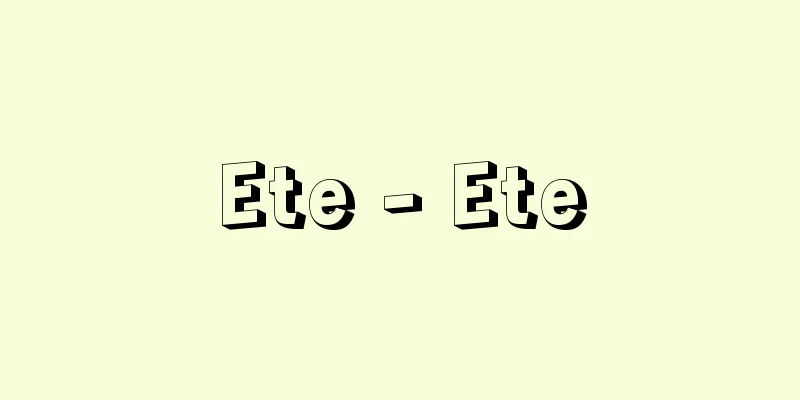Capacity to act

|
The capacity to perform legal acts that are definitively valid on one's own (acts that acquire legal rights and assume obligations). A person who does not fully possess this capacity is called a person with limited legal capacity. Since all natural persons have legal capacity, in principle, it would seem that they should be able to perform legal acts that are definitively valid on their own. However, since the system of legal acts is a system that protects the formation of legal relationships based on free will, in order to perform valid legal acts on one's own, one needs the intellectual capacity to announce one's will to the outside world and predict and judge the results. This kind of intellectual capacity is called mental capacity, and the acts of those who lack mental capacity, such as young children and those with severe mental illnesses, are considered invalid. Since the presence or absence of mental capacity is judged individually and specifically, the Civil Code before the 1999 amendment had a system for persons with no capacity to act (incompetence and quasi-incompetence system) that provided protection for those who lacked or had insufficient mental capacity as persons with no capacity to act. However, there were various problems, such as the declaration of incompetence being recorded in the family register, resulting in a negative social image, the cost and time required for the procedure making it difficult to use, and the high risk of the guardian's authority being abused. For this reason, the Civil Code was amended in December 1999 (Heisei 11) to introduce a system for persons with limited capacity (adult guardianship system) that respects the individual's right to self-determination and appoints an adult guardian, curator, or assistant to provide protection for them (enforced in April 2000). Furthermore, the term "person with limited capacity" was changed to "person with limited capacity" in the 2004 amendment. Persons with limited legal capacity are four types of persons: minors (Article 4 and following of the Civil Code), adult wards (Article 7 and following), persons under guardianship (Article 11 and following), and persons under assistance (Article 15 and following). In order for minors, persons under guardianship, and persons under assistance to perform legal acts, they need the consent of their legal representative (such as a parent), guardian, and assistant, respectively. Furthermore, adult wards cannot perform legal acts on their own, except for purchasing daily necessities and other acts related to daily life, and even if these persons perform legal acts independently, they can later revoke them. [Takahisa Awaji] [Reference items] | | | | | | | | Person | | | |Source: Shogakukan Encyclopedia Nipponica About Encyclopedia Nipponica Information | Legend |
|
単独で確定的に有効な法律行為(法律上権利を取得し義務を負担する行為)をすることのできる能力。このような能力を完全に有しない者を制限行為能力者(制限能力者)という。自然人はすべて権利能力を有するから、原則として、単独で確定的に有効な法律行為ができてもよさそうである。しかし、法律行為という制度は自由な意思に基づく法律関係の形成を保護する制度であるから、自ら有効な法律行為を行うためには、自分の意思を外部に発表してその結果を予測し判断する知的能力が必要である。このような知的能力を意思能力といい、幼児や重い精神的疾患の者のように意思能力を欠いた者の行為は無効とされる。 意思能力の有無は個別具体的に判断されるので、1999年改正前の民法では、知的能力を欠いているか、あるいは不十分な者を定型的に行為無能力者として保護を図る行為無能力者制度(禁治産・準禁治産制度)を設けていた。しかし、禁治産宣告を受けると戸籍簿に記載され社会的に負のイメージをもたれる、手続に費用と時間がかかり利用しにくい、後見人の権限濫用の危険が大きい、などさまざまな問題があった。そのため、1999年(平成11)12月に民法が改正され、判断能力を欠いている者、著しく不十分な者、あるいは不十分な者を制限能力者として、本人の自己決定権を尊重しつつ、成年後見人、保佐人あるいは補助人を選任して保護を図る制限能力者制度(成年後見制度)が導入された(2000年4月施行)。さらに、制限能力者の語は、2004年の改正により、制限行為能力者に改められた。 制限行為能力者とは、未成年者(民法4条以下)、成年被後見人(同法7条以下)、被保佐人(同法11条以下)、被補助人(同法15条以下)の四者をさす。未成年者、被保佐人、被補助人が法律行為をするには、それぞれ法定代理人(親権者など)、保佐人、補助人の同意が必要である。また成年被後見人は、日用品の購入その他日常生活に関する行為以外は、自ら法律行為をすることができず、これらの者がそれぞれ単独で法律行為をしてもあとから取り消すことができるものとされている。 [淡路剛久] [参照項目] | | | | | | | | | | | |出典 小学館 日本大百科全書(ニッポニカ)日本大百科全書(ニッポニカ)について 情報 | 凡例 |
Recommend
Marcabrun
… The troubadours may be divided into the followi...
Rupicola rupicola (English spelling) Rupicolarupicola
…Several males of the Coting Bird, Perissocephalu...
Abel, Niels Henrik
Born: August 5, 1802, Finui Island [Died] April 6,...
Anu Ziggurat - Anu Ziggurat
...Because it is a symbolic structure unique to M...
Tohoku Expressway - Tohoku Expressway
This expressway runs north and south through the ...
Barberry - Barberry
... There are about 500 species of Berberis (Engl...
Swastika - Manji
A symbol of virtue that appears on the chest, han...
Central Japan Railway Company - Central Japan Railway Company
Founded in 1987 following the division and privati...
Bungotakada [city] - Bungotakada
A city in the west of the Kunisaki Peninsula in Oi...
emission spectrum
...This is called a band spectrum. The above are ...
Embedded bolt - Umekomi bolt
…After the war, the Japanese mountaineering world...
Orofure Pass - Orofure Pass
A pass on the border between Noboribetsu City and ...
Phrynocephalus mystaceus (English spelling) Phrynocephalusmystaceus
… [Takahiro Matsui]. … *Some of the terminology t...
Laser weapon
A general term for weapons that use lasers. There...
Emulsion - Emarujyon (English spelling) emulsion
In colloidal dispersion systems, this refers to a...









